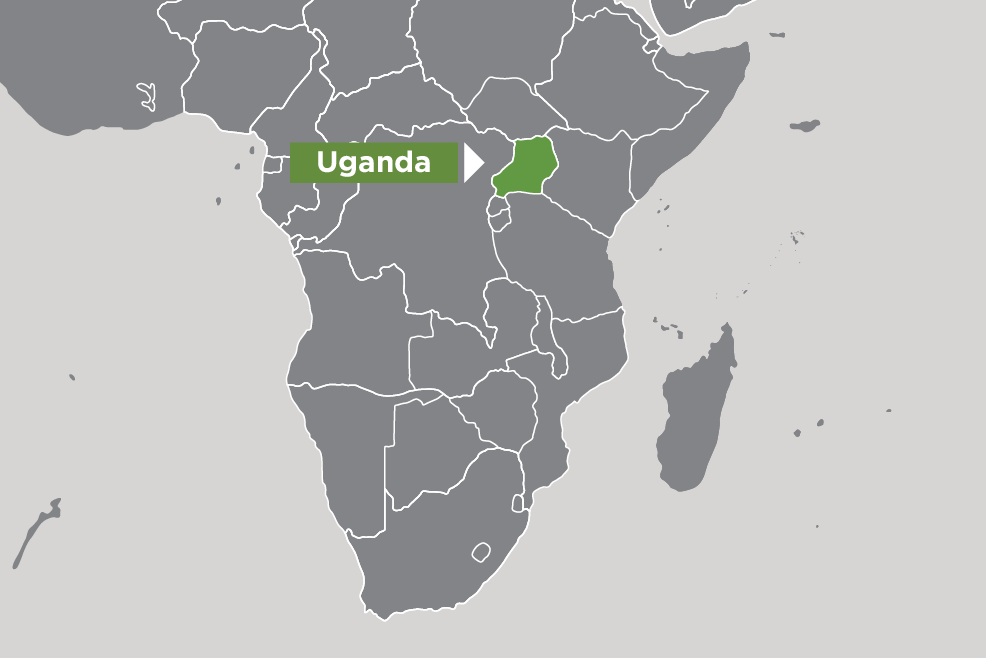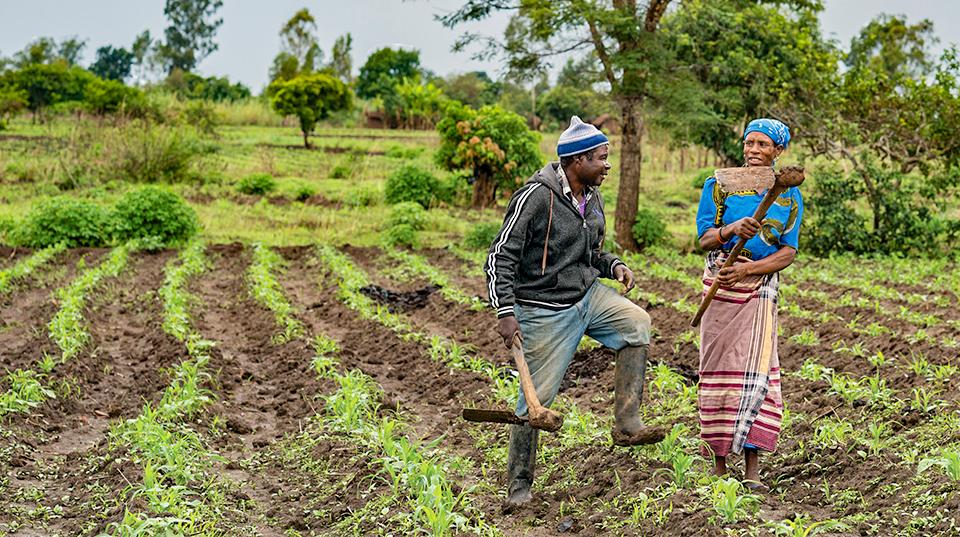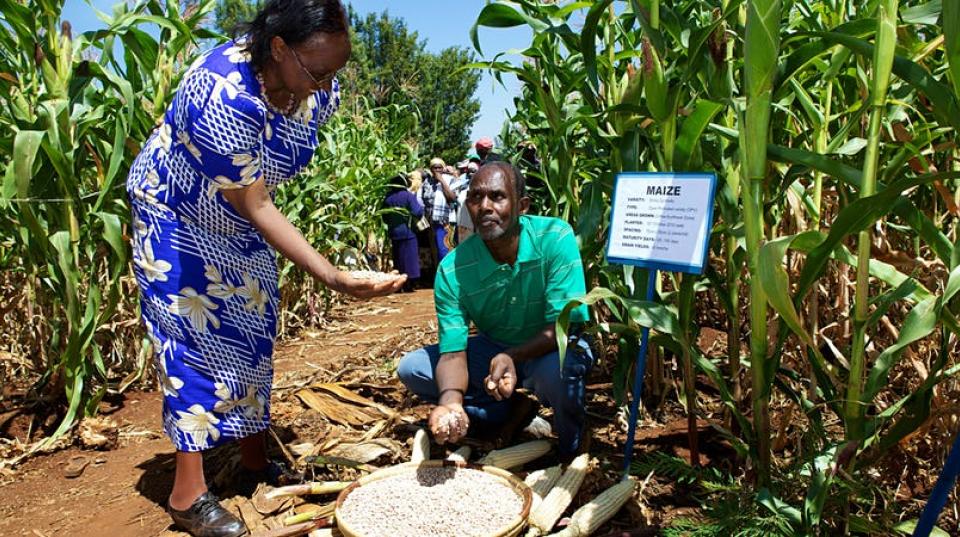Overview
This short research activity (SRA) will define research needs, to inform the design of a research project to progress with the practical adoption of Conservation Agriculture (CA) by addressing the mechanisation and crop-livestock integration challenges.
Multiple past projects—most notably ACIAR SIMLESA—have shown the potential multidimensional benefits of the adoption of CA practices in East Africa. Yet adoption remains complex for smallholder farmers, with challenges associated with mechanisation and the management of livestock.
In labour-limited systems, mechanisation is a requirement for efficient crop planting with no till or minimum tillage. Preserving soil cover by conserving crop residues on the ground conflicts with farmers need for fodder where livestock is a key component of the farming system.
The lack of adoption of CA may reflect other unrecognised constraints for smallholder farmers or reflect specific requirements for benefits to accrue to the adopters. There has been a great deal of work looking at the potential productivity benefits of CA in East Africa but the integration of CA into existing farming systems remains challenging.
There are constraints identified in relation to farmers financial and labour resources, and broader institutional constraints associated with facilitating the adoption process (which can take some time, Brown et al. 2017). The SRA will explore these constraints and requirements and will describe and establish a research agenda to help overcome obstacles to CA adoption.
Project activities and expected outcomes
- Literature review associated with SIMLESA findings and other projects working in Uganda and other East African countries over the last 15 years. What are the lessons we can draw from these studies?
- Collating the opinions and experiences of stakeholders in research organisations and NGOs working in this research field.
- Collating the opinions and experiences of selected farmers, extension staff and industry leaders in each region.
- A field study to characterise today's farming systems, SIMLESA farming practices and innovations, farmers' aspirations and awareness, assessment and adoption of CA practices in the target regions of Uganda. This will include questions about soil health.
- Based on the results, establish the context where CA benefits are most likely to accrue to farmers and the innovations needed to enable farmers to practice CA and obtain those benefits. Combine different lines of evidence to answer research questions.
- Articulating the research opportunities identified in a research proposal for consideration by ACIAR.






